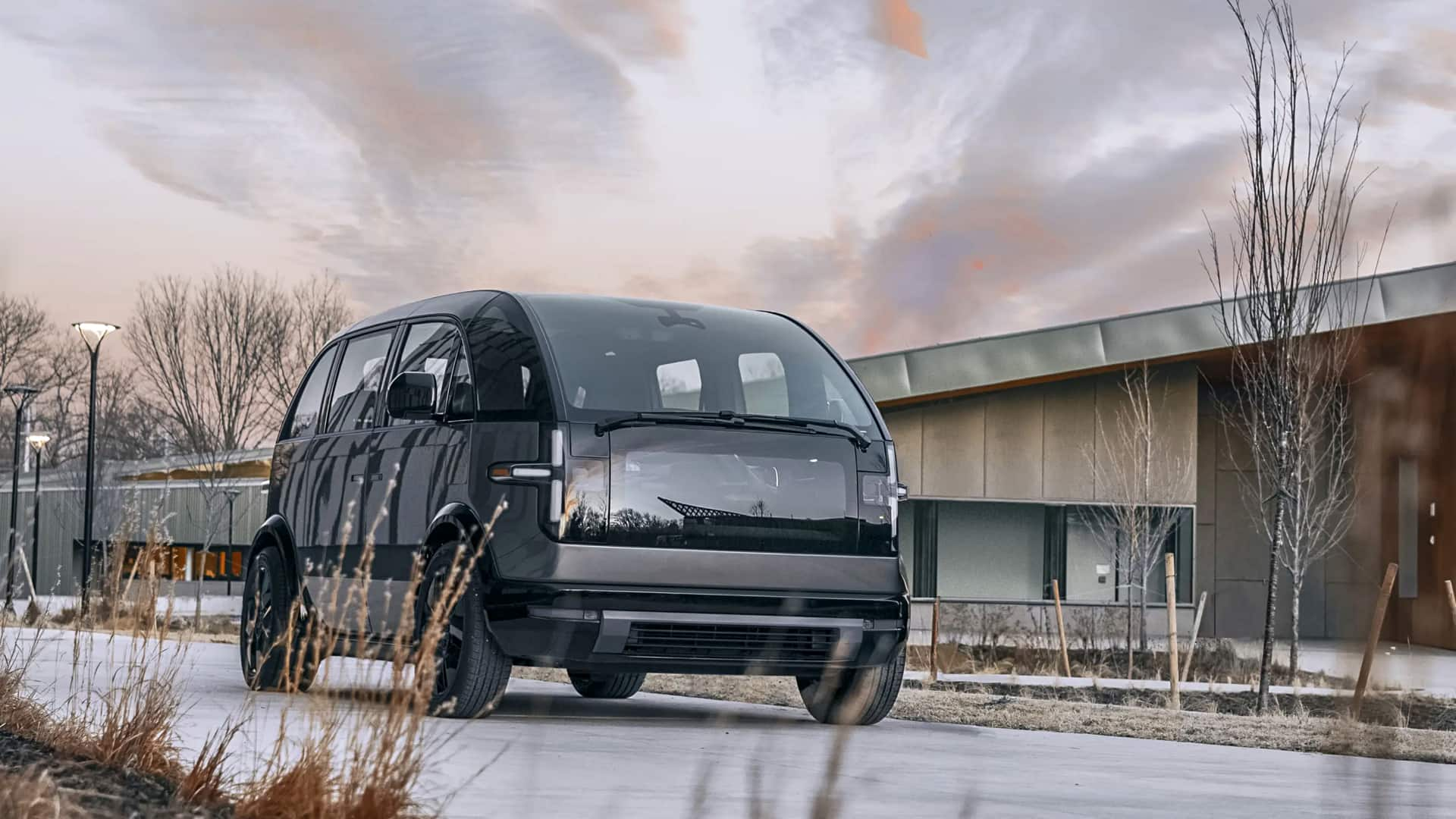
This is what Apple car may have looked like
What's the story
Last month, Apple surprisingly decided to abandon its highly ambitious self-driving car project. This decision came after a decade of costly efforts, with many expecting the project to revolutionize the automotive industry. In his latest Power On newsletter, Bloomberg's Mark Gurman has shared that Apple had invested heavily in what was supposed to be a groundbreaking vehicle.
Exterior
Design inspired by Canoo lifestyle vehicle
Around 2020, Apple's design resembled the sleek and rounded Canoo lifestyle vehicle. Apple's innovative van had a unique feature: its front and rear looked the same, creating an illusion of constant forward motion. The vehicle aimed for full-fledged Level 5 autonomous driving capabilities, showing Apple's desire to push automotive technology limits to advanced levels.
Inside the car
Luxurious interior with minimalist aesthetic
The Apple car's interior went through several changes but always kept a minimalist style, similar to a limousine or private jet. Designed for four passengers, the car had luxurious seats, and some prototypes even included a large central TV screen for entertainment and FaceTime calls. The roof also featured multiple iPad-sized screens, allowing passengers to control certain functions. Instead of directing air directly at the passengers' faces, a unique air-conditioning system circulated air along the sides of the interior.
Evolution
Apple car designs over the years
Earlier Apple car concepts showed various inspirations. The first design resembled the 1950s Volkswagen microbus, nicknamed "Bread Loaf" within Apple. Later versions, like one similar to the 2017 Volkswagen ID Buzz prototype, excited top executives like CEO Tim Cook and COO Jeff Williams. However, the most recent design took a more cautious approach, aiming for Level 2 autonomy, forcing Apple to include a steering wheel and pedals. Additionally, the sliding van doors were substituted with gull-wing doors.
Facts
Decision to halt project and refocus efforts
Despite the excitement around the project, Apple chose to stop its development. This decision acknowledged the significant challenges and investments still needed to make the Apple car a reality. Although the project had the potential to change the automotive industry like Apple did with smartphones, the company decided to focus on its core businesses. Experts say that the lead Apple's rivals have in artificial intelligence is a major factor that prompted the iPhone-maker to shut down its ambitious car project.